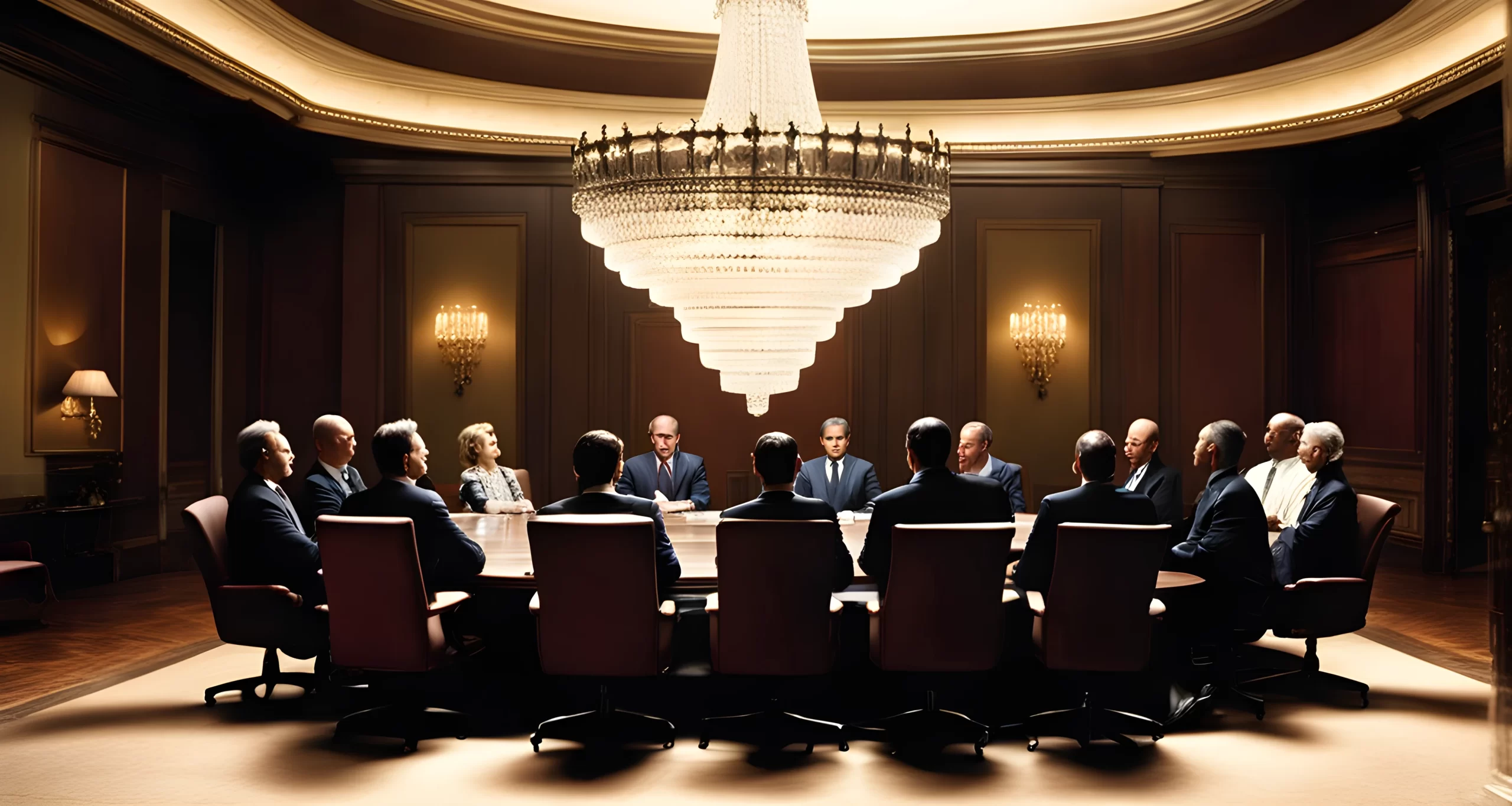Introduction
The Bilderberg Group: Global Conspiracy, Secret Societies
The Bilderberg Group is a secretive annual gathering of influential politicians, business leaders, and intellectuals from North America and Europe. Founded in 1954, the group’s purpose is to facilitate open dialogue and discussion among its members, who are chosen for their significant roles in shaping global policy and economy. The meetings are held behind closed doors, leading to widespread speculation and conspiracy theories about their intentions.
Despite the secrecy surrounding the group’s activities, it has been reported that discussions at these meetings have influenced major geopolitical events. The Bilderberg Group has been linked to the establishment of the European Union and the adoption of the euro currency. These secretive meetings have also sparked controversy and criticism, with many questioning the true agenda of the group and its potential impact on global politics.
This article will explore the origins of the Bilderberg Group, key members and meetings, as well as the conspiracy theories and criticisms that surround it. Understanding the impact of this influential group on global politics is essential for gaining insight into how decisions are made at the highest levels of power.
To gain a better understanding of secretive organizations that shape global politics, it is important to explore other controversial groups such as Opus Dei scrutiny. By examining these groups, we can delve deeper into understanding the hidden influences that impact our world.
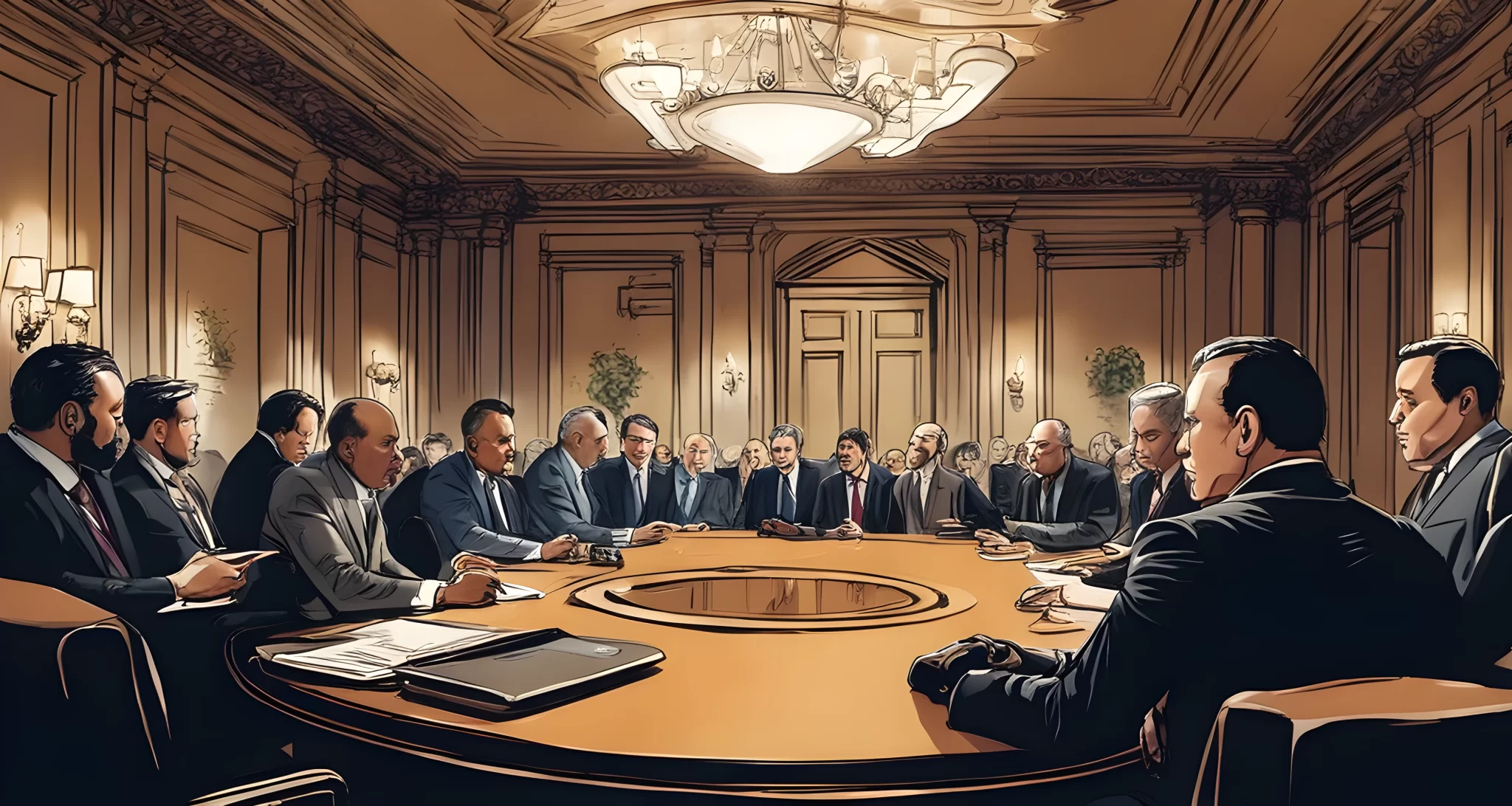
The Origins of the Bilderberg Group
The Bilderberg Group was founded in 1954 by a group of European and American leaders who sought to strengthen ties between the two continents and prevent another world war. This exclusive group, named after the Hotel de Bilderberg in the Netherlands where their first meeting took place, aimed to promote cooperation and understanding between Western nations, particularly during the Cold War era.
Initial Objective
- Cooperation and Understanding: The group’s initial objective was to promote cooperation and understanding between Western nations, particularly during the Cold War era.
- Preventing Another World War: The founders were deeply affected by the devastation of World War II and were determined to prevent another global conflict.
Expansion of Focus
Over time, the group’s focus has expanded to include discussions on global economic issues, security threats, and technological advancements. This expansion reflects the evolving nature of global politics and the need for collaboration in addressing complex challenges.
The Bilderberg Group’s influence has been felt in various spheres of global governance, including policy formation and international relations. While its activities are often shrouded in secrecy, the impact of the group on global politics cannot be denied.
In its efforts to bridge the gap between European and American leaders, the group has played a significant role in shaping transatlantic relations. Moreover, its discussions on economic and security issues have contributed to policy decisions that have had far-reaching implications on a global scale.
To some, the Bilderberg Group remains a mysterious entity whose influence extends into the highest echelons of power. The secrecy surrounding its meetings has fueled numerous conspiracy theories and criticisms Knight Templar Grail. However, its role in promoting dialogue and collaboration among influential leaders cannot be overlooked.
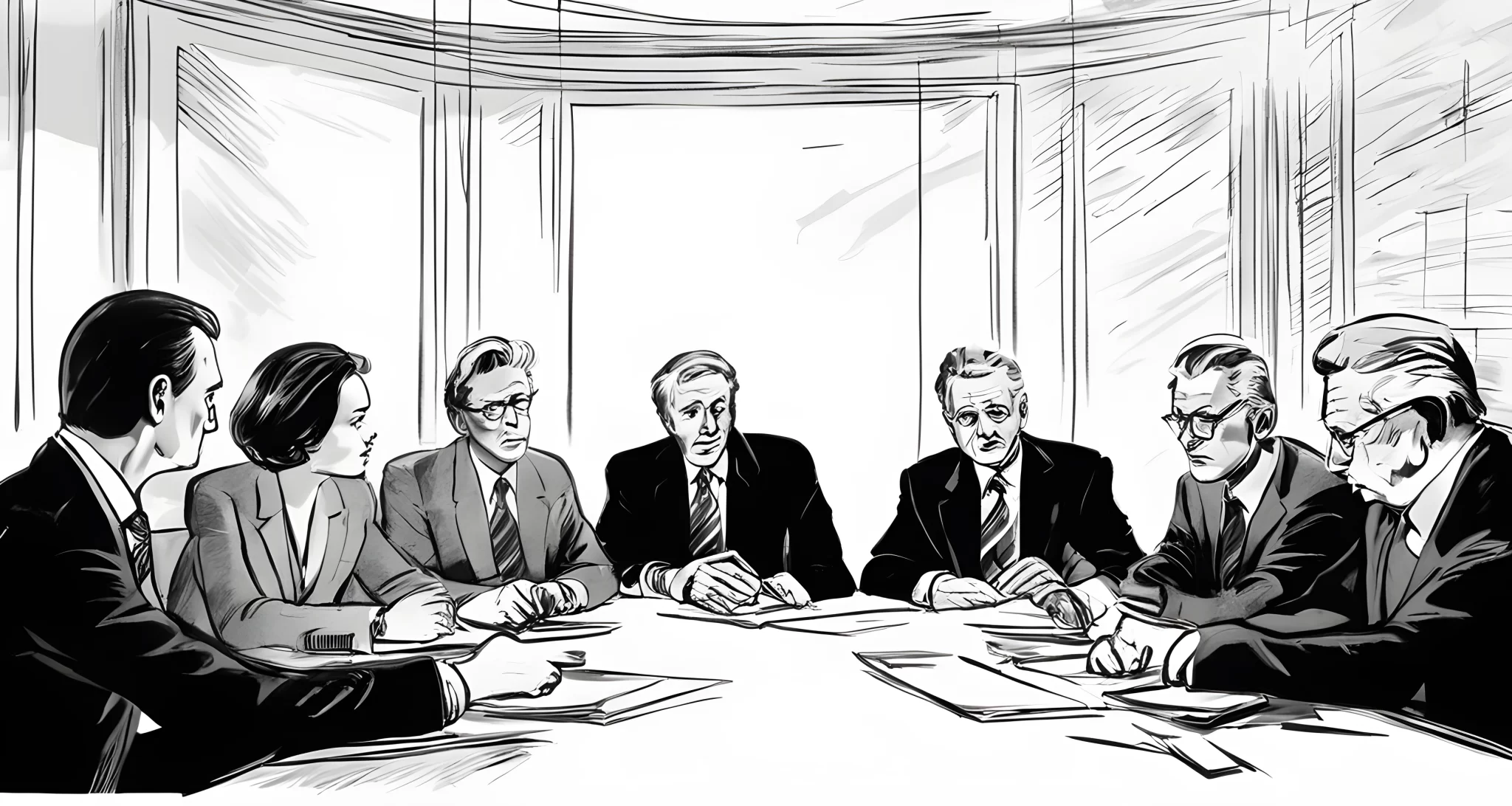
Key Members and Meetings
The Bilderberg Group is comprised of influential individuals from various fields such as politics, finance, and industry. Some key members include:
- Henry Kissinger: Former U.S. Secretary of State and a regular attendee at Bilderberg meetings.
- Angela Merkel: The German Chancellor has also been a prominent participant in the group’s discussions.
- Bill Gates: The co-founder of Microsoft has been known to attend Bilderberg meetings to discuss global issues.
These are just a few examples of the high-profile figures who have been involved with the group over the years.
The meetings themselves are held annually and are attended by around 120-150 participants from Europe and North America. The discussions are held behind closed doors, leading to speculation about their content and purpose. Critics argue that the lack of transparency fuels suspicion about the group’s true intentions.
The topics discussed at these meetings are wide-ranging and cover issues such as international relations, economic policy, and geopolitical developments. However, due to the confidential nature of the discussions, there is no official record of the meeting agendas or outcomes.
Despite the group’s stated goals of fostering open dialogue and cooperation, many conspiracy theorists believe that the Bilderberg Group is a shadowy organization that seeks to impose a global government or control world events. These theories often rely on the group’s secrecy and lack of official records. Some critics argue that the group’s influence is disproportionate to its transparency, which fuels suspicions about its true intentions.
For more on conspiracy theories and mysterious organizations, check out Ancient Aliens: True or False for an intriguing look into another enigmatic topic.
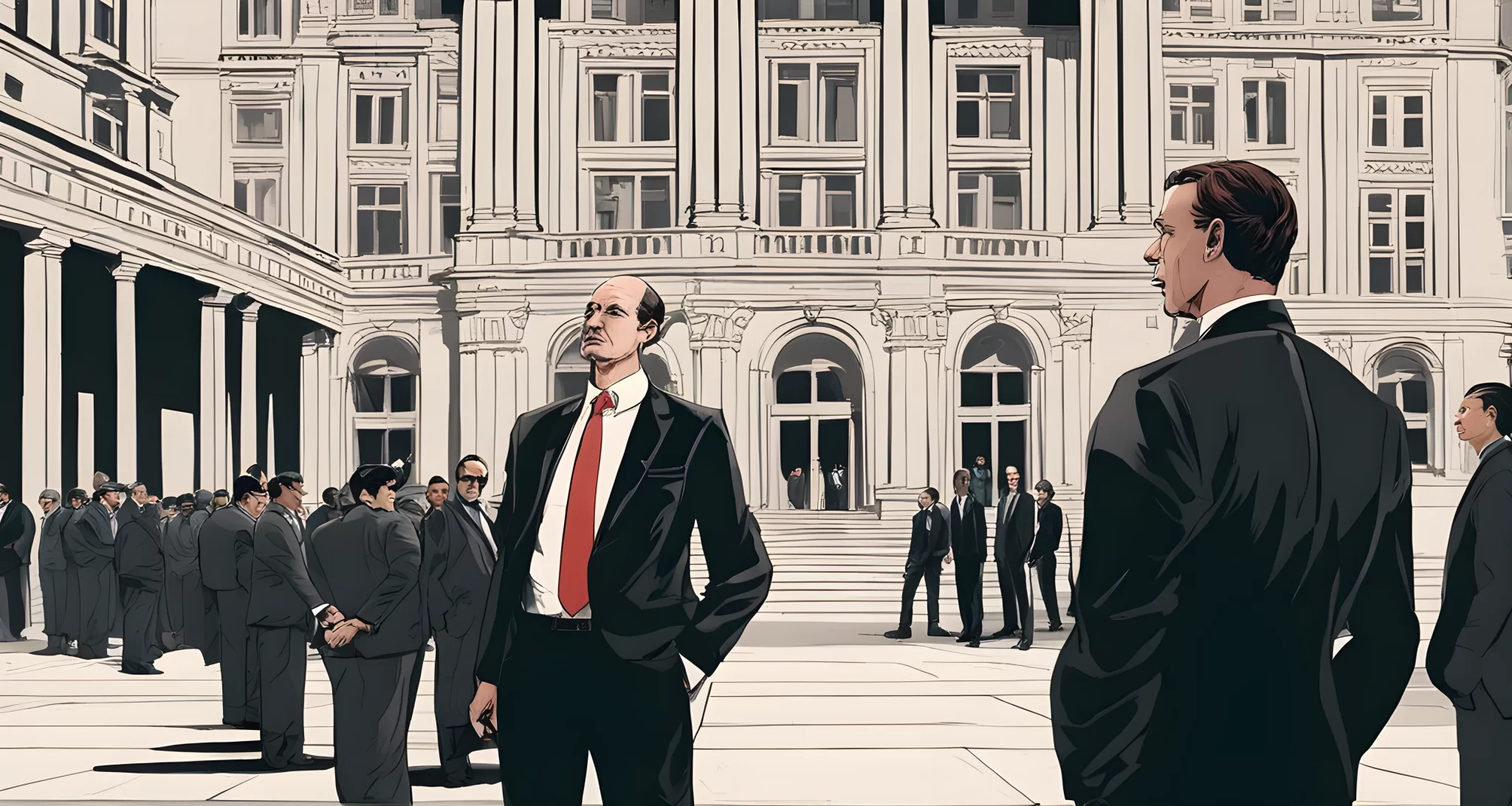
Conspiracy Theories and Criticisms
The secretive nature of the Bilderberg Group’s meetings has led to a plethora of conspiracy theories and criticisms from various sources. Here are some of the most notable ones:
-
Secret Global Government: Critics often claim that the Bilderberg Group is working towards establishing a secret global government, with its members wielding immense power and influence over international affairs.
-
Undemocratic Influence: Many critics argue that by bringing together influential figures from politics, business, and academia, the group undermines democratic processes and accountability, as decisions are made behind closed doors without any transparency or public scrutiny.
-
Economic Manipulation: Some theorists allege that the group manipulates global economic policies to benefit its members’ financial interests, leading to economic inequality and instability.
-
Media Control: There are claims that the Bilderberg Group controls mainstream media outlets and uses them to shape public opinion and further its agenda.
-
Links to False Flags Events: The group has been linked to various false flag events, where individuals claim that certain events have been manufactured or staged for political gain. To learn more about these events, check out False flags legitimate events.
It’s important to note that while these conspiracy theories are widespread, they lack concrete evidence. The group itself dismisses these claims as baseless and unfounded, emphasizing that its meetings are simply a forum for open dialogue and discussion among diverse perspectives. However, the lack of transparency surrounding the group’s discussions and decision-making processes continues to fuel skepticism and suspicion.
The criticisms and conspiracy theories surrounding the Bilderberg Group highlight the ongoing debate about the role of influential organizations in shaping global politics and policy-making. As such, it’s crucial for people to critically evaluate information and consider multiple perspectives when forming their opinions about such groups.
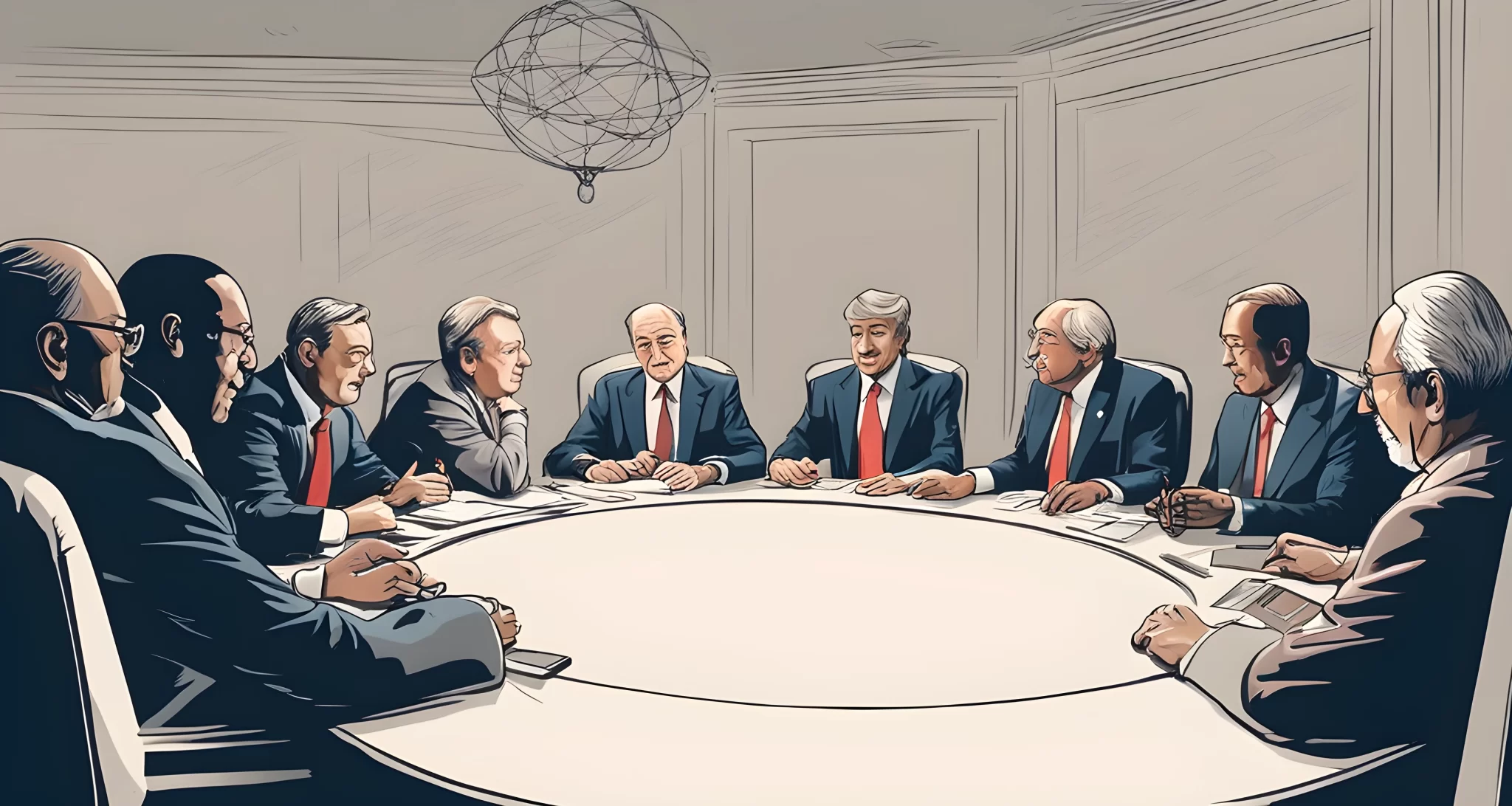
Impact on Global Politics
The Bilderberg Group’s impact on global politics has been a subject of intense speculation and controversy. With its secretive nature and influential members, the group has been accused of wielding significant power behind closed doors. Here are some key points to consider regarding the impact of the Bilderberg Group on global politics:
Political Influence
- The group’s annual meetings bring together influential figures from politics, finance, industry, and academia. This has led to concerns about potential collusion and decision-making outside the public eye.
- Some critics argue that the group’s discussions and agreements could influence national policies and international relations, shaping the geopolitical landscape.
Globalization and Policy Decisions
- The Bilderberg Group’s focus on fostering transatlantic cooperation has led to discussions on economic and political issues that have the potential to shape global policies.
- The group’s members are often key players in shaping international trade agreements, financial regulations, and other policies with far-reaching consequences.
Public Perception
- The secrecy surrounding the group’s meetings has fueled conspiracy theories and speculation about its true intentions. This has led to mistrust and skepticism among the public regarding the role of the Bilderberg Group in global politics.
- The perceived lack of transparency has also raised concerns about democratic accountability and the influence of unelected individuals on political decision-making.
The impact of the Bilderberg Group on global politics is a topic of ongoing debate. While some view the group as a forum for open dialogue and cooperation, others see it as a shadowy organization with significant influence over world events. As with many controversial topics, it is important to critically evaluate information and consider multiple perspectives True or False.
FAQ
What is the bilderberg group?
The bilderberg group is a secretive annual gathering of influential politicians, business leaders, and intellectuals from north america and europe, aimed at facilitating open dialogue and discussion among its members.
What is the purpose of the bilderberg group?
The group’s purpose is to promote cooperation and understanding between western nations, discuss global economic issues, security threats, and technological advancements.
Why is the bilderberg group secretive?
The secrecy surrounding the group’s meetings has led to widespread speculation and conspiracy theories about their intentions, fueling suspicions about its true intentions.
Who attends the bilderberg group meetings?
The meetings are attended by prominent figures from various fields, including politics, business, and academia, selected by the group’s steering committee to represent a diverse range of perspectives and viewpoints.
